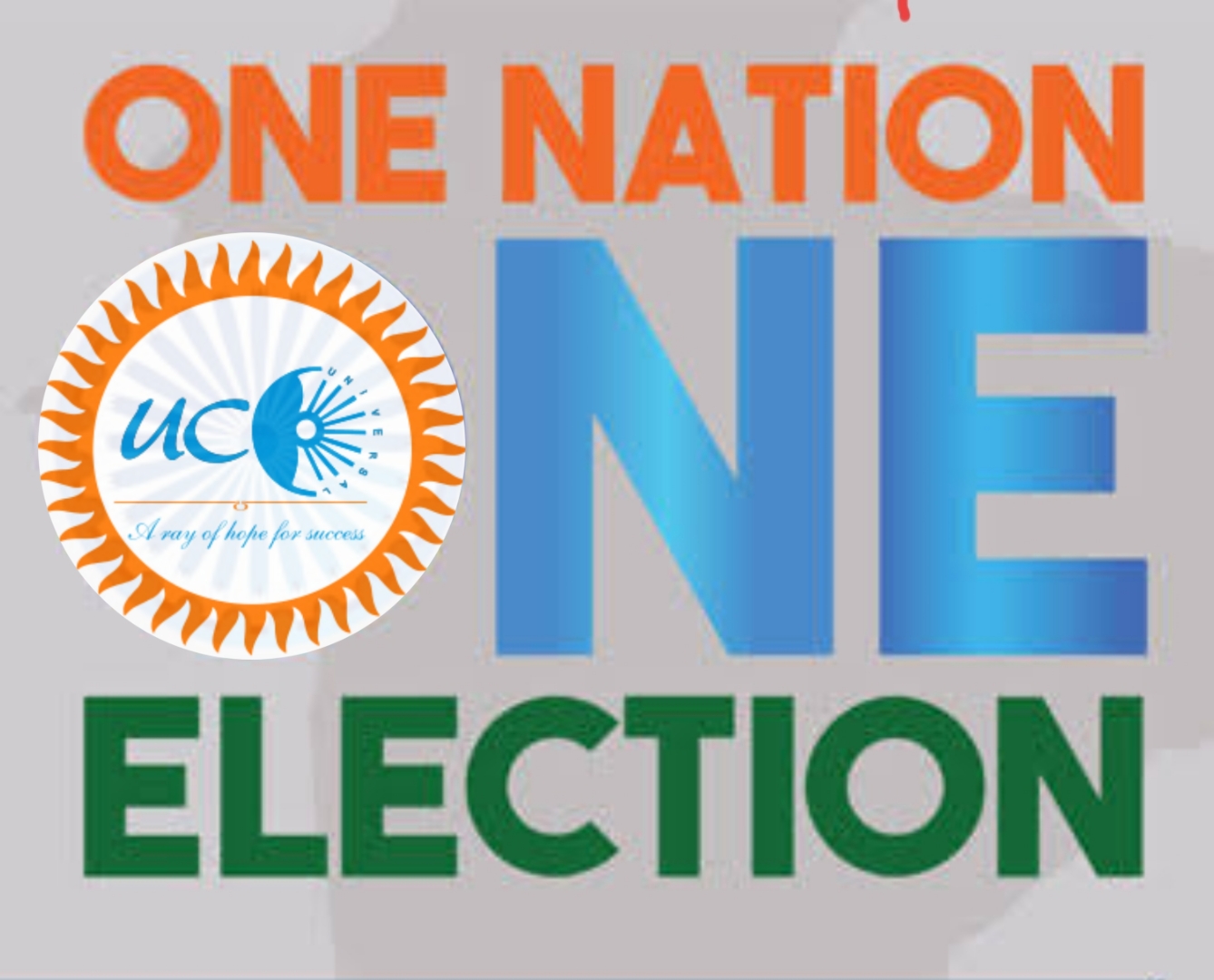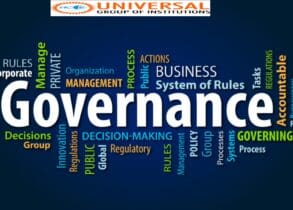Do you agree with the view that there should be simultaneous elections to the Lok Sabha and the State Legislative Assemblies in India? Discuss with suitable arguments.
The first general elections to the Lok Sabha and all state legislative assemblies were held together in 1951-21 and this practice was continued till 1967. With the premature dissolution of some State assemblies in 1968 and 1969, this cycle was disrupted. This idea has again gained ground when the Prime Minister of India, in recent past, has suggested holding simultaneous elections to panchayats, urban local bodies, State Legislative Assemblies and Lok Sabha. Arguments in favour of simultaneous elections
- Saves public money: Elections in India incur huge visible and invisible financial costs as administrative staff, teachers, and other government functionaries and infrastructure are put to electioneering. Holding simultaneous elections will help in saving expenditure, which can be used for developmental purposes.
- Reduced burden on security forces: Central Armed Police Forces are pressed into service for ensuring safe and secure elections which occur on a frequent basis. This has a detrimental impact on their training, maintaining law and order, and internal security.
- Better utilization of administrative machinery: During the elections, a significant proportion of the state and union administrative machinery is engaged in election related work. Holding simultaneous elections would ensure that the administrative machinery is engaged in development activities rather than electioneering.
- Effective policy making and implementation: Having simultaneous elections will help the government on policy matters while reducing policy paralysis and overall deficit in governance due to the hindrances put up by the Model Code of Conduct.
- Other benefits: Political parties would not require recurrent funding and this would reduce the manipulative practices attached to fund raising by the political parties. Also, it may lead to increased voter turn around. Arguments against holding simultaneous elections
- Legal issues: Currently, the Election Commission is mandated to hold the election within six months of a premature dissolution of the House, which might not be possible in the case of simultaneous elections. Therefore, a constitutional amendment would be required to give effect to the recommendation of simultaneous elections.
- Governance issue: It is expected that during simultaneous elections, national level issues would take priority over regional and local level issues. This would be against the interests of the States and also negatively affect the welfare of the local populace.
- Less accountability of representatives: Having to face the electorate more than once every 5 year enhances the accountability of politicians and keeps them on their toes.
- Challenges of Logistics: In such a large and diverse country like India, VVPAT, EVMs, and provisions have to be made at each booth before the elections in one go. This would pose huge challenges related to logistics.
- Threat to internal security: Engaging security across the country at the same time in elections can jeopardize internal security.
- Favorable to the party in power at the center: There is a fear that the local and regional parties may lose relevance as the national level parties with greater financial, organizational, and administrative capacity would prevail over them in a simultaneous election. To put this idea into action, all the stakeholders, including the state governments, the regional parties, and the Election Commission should be brought on board to build a consensus. In this regard, a start can be made by holding simultaneous elections for panchayats, municipal bodies and State Legislative Assemblies.






